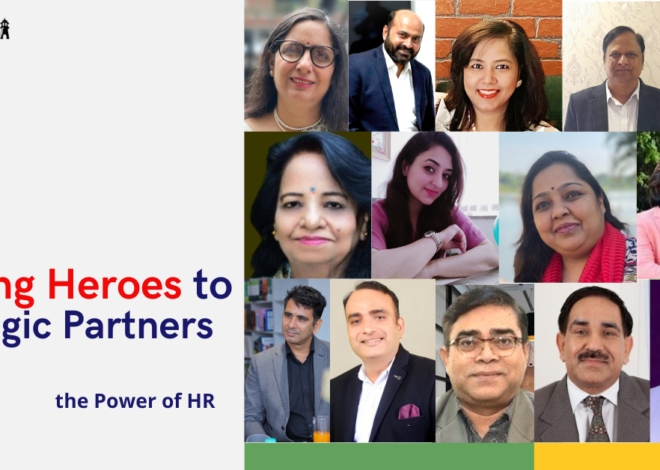
NO UNIVERSITY GIVES YOU A PARENTING DEGREE
Fatema Agarkar Founder Agarkar Centre of Excellence, ACE
There isn’t a ‘parenting’ degree that is handed over to you once you live with your little one, and head home after being discharged from the hospital after becoming a parent. It is something that comes to you as you age with your child and begin the journey. In fact, parents of 2 to 3 children will vouch, their experience was different each time around, and having one does not qualify you to be an expert second time as well. More patient perhaps, more open-minded -maybe.
Parenting is a personal equation for everyone and one’s own journey, innate skills. Growing up experiences, and peer group influence is so unique that there isn’t a generic winning formula that will magically help diffuse any situation for all parents all the time!
In fact, communication with your children will be the biggest and the most important equation and often lead to some tough conversations. This part is simple to understand. Each age group is a journey in itself, and as children evolve, so will our conversations with them as we adapt to the changing circumstances.
For example: from a more instructional approach to communication and conversations with children up to the age of 6, to that of a mentor and coach from 7 to 11 years, to a mediator in the middle school to becoming a negotiator in high school and beyond till you reach a place of becoming a ‘friend’ once they start working, it is critical that parents recognize the push-pull strategy with communication.
One thing is certain, effective communication is perhaps the only foundation to an amicable relationship with children, and it requires practice, patience and plenty of tact. I always believe the adult in the relationship takes the responsibility to lead, and therefore by virtue of being the older one, we assume a lot more. That’s a great starting point.
Also, the privilege we have to become a parent does not give us a right to assume we are always right and always know-it-all. It is like nurturing a plant.We have to be careful with the amount of sun, rain and water the sapling gets to become a solid plant/tree.
I prefer to call these conversations a RAPPORT that we build with our children. Building a place of security and comfort to discuss and listen, understand and work out how to deal and cope with a changing world, is the foundation that will help us avoid tough conversations. If parenting in the preCovid19 era was 100 per cent, the effort required now would be 150 per cent!
So what’s RAPPORT and why will this acronym help us irrespective of our child’s age?
RAPPORT stands for:
1. Respect your ‘child’ and believe every conversation is a dialogue and a two-way street which involves listening more, especially to the non-verbal clues. Adults are habitual poor listeners, especially when it comes to their own children, and think they know what their children will say- a classic mistake. Listen to what they are actually saying.
2. Ask open-ended questions, giving your child time to respond and bring in the ‘grey’ areas for a discussion. Also, it would be ok to admit that you do not have all the answers and that you are capable of finding out. Thanks to your child as well which allows him to believe that there are no superheroes and the world isn’t black and white. Asking them, how was school when they come home, or why they did badly isn’t the ideal approach. Attempt, sharing about your day and sharing how it wasn’t the greatest, which lets the child know, there are grey areas, but one learns to deal with it!
3. Pause. Often we jump to solve problems and make children so dependent that they are crippled when left alone. It is this sense of helplessness that often leads to breakdown in communication owing largely to the expectations we have of our children! When they come and complaint that they are bored, don’t jump and give ideas, allow them to think it through!
4. Patience and being non-judgmental. It is absolutely essential that when you ask for honesty, you should be prepared to accept the mistakes made. Isn’t it better than smaller mistakes are acknowledged and corrected, avoiding the larger catastrophes? This is especially true when your child admits to lying or stealing. Learn to trace what the trigger point was, and condone the act on the child. There is a difference.
5. Opinions – These are yours, and as much as you are prepared to listen to theirs, you must convey yours, even if it leads to a discussion (not debate). It is unlikely that all points are mutually accepted but walking through them and learning to be empathetic to each other’s point of view will be a key step. You may have a different political view or think differently about a social media post. You must learn to communicate this as a viewpoint not disdain for your child!
6. Role-Modeling – Very important to allow the child at times to lead the conversations. They must learn to experiment and allowing them to be the adult at times, helps them understand your fears in a manner that makes it a rationale and not just your ‘rule’. This is especially true for sleepovers, late-night parties, outstation travel etc.
7. Time-Outs with tolerance – As a parent, you have to know when to call a ‘time-out’ and put your foot down. This is in the interest of your child’s safety, and well-being, especially with cyber safety, abuse etc. I would not call screen time a time-out, but when it borders on obsession, then it is time to call the child out. Negotiating sleep-times is not a time-out, but the abusive language is!
RAPPORT is my way of reminding myself of some basic variables that help strengthen my own relationship with my middle schooler who graduates into high school years in August 2020.
I hope it helps you build a fun relationship with your children. It’s precious and priceless. Work on it!!


